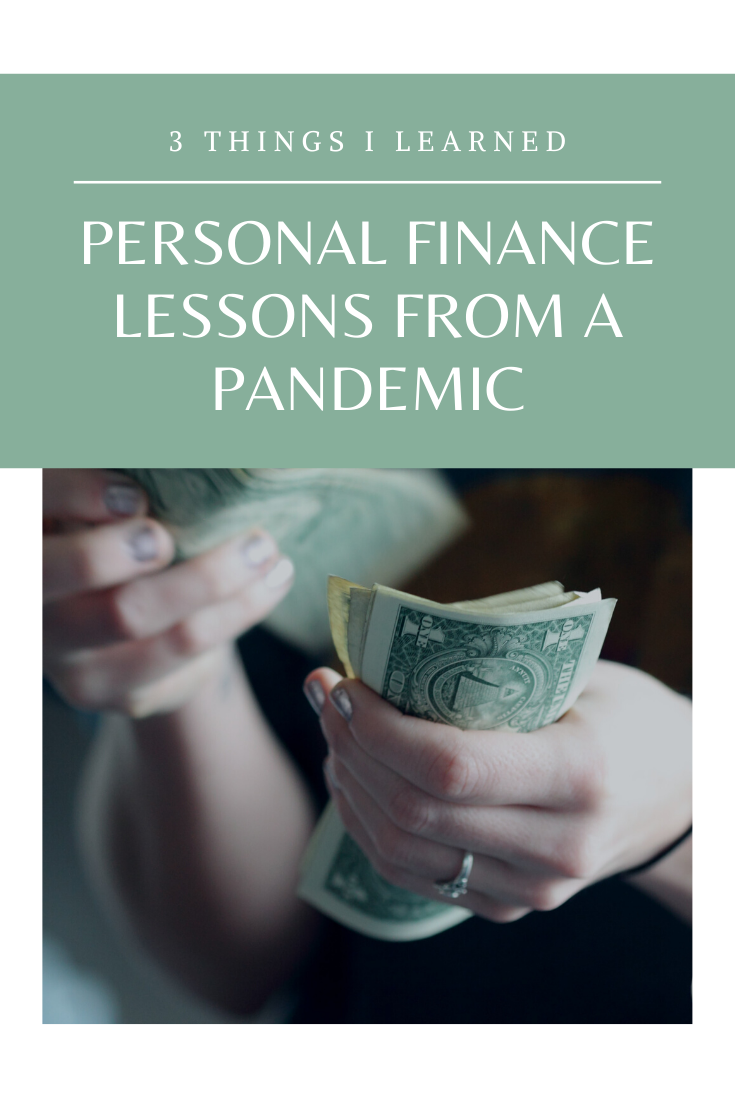Math was my worst subject in school. It’s no wonder I was never very interested in personal finance. Then one day, I graduated from college and joined The Real World – a place that had, until that point, seemed both intimidating and perhaps even a bit fictional.
I’ve learned some personal finance basics thanks to blogs like Broke Millennial, a string of recommended personal finance books and a few workshops courtesy of the women’s organizations I belong to.
The economic repercussions of the Covid-19 pandemic have been astronomical since it hit in the States a few weeks ago. I was one of the first to be laid off in the tech industry. And these are some of the personal finance lessons COVID-19 has taught me.
1. Take your emergency fund seriously
I recently attended a workshop about investing during an election year in which we discussed bull and bear markets. The facilitator pointed out that bear markets tend to last a much shorter time than bull markets.
So why is it that the effects of a bear market seem so catastrophic? 2009’s headlines told tales of people losing their homes and jobs. I graduated into a job market where unpaid internships seemed to be the first rung on the corporate ladder.
The reason recessions tend to have such a devastating effect on many people we know is that most people are not financially equipped to spend several months out of work.
Ramit Sethi, author of I Will Teach You To Be Rich, went from recommending people save 3-6 months of living expenses in an emergency fund to recently suggesting a year’s worth.
A year’s living expenses is a lot of money. Saving for an emergency is undeniably way less sexy than saving for a down payment on a house, the wedding of your dreams or a Tesla. There’s no gratification that comes from it, just some relief if the worst should happen.
2. Create an additional fund to handle medical expenses
I learned last summer just how pricy medical expenses can be. An ultrasound and biopsy cost me over $2,000. I’m super thankful that I didn’t turn out to be sick, but I can only imagine how financially (as well as emotionally) devastating it could have been if I was.
Getting laid off and having your health insurance severed in the midst of a global pandemic isn’t ideal. I’m practicing social distancing and washing my hands as recommended (extra nice-smelling soaps has been one of my financial splurges in the past), but getting sick is much more stressful when you don’t have health insurance. So create an additional fund to handle medical expenses.
Accidents and health issues arise in a pandemic just as they would at any other time. Setting up a medical expense fund is something we should practice, pandemic or not.
You may work for a company that offers an HSA (Health Savings Account), but if you don’t, you can always create your own account. HSAs come with some nice perks (the money isn’t taxed when it comes out of your paycheck) and you can invest it.
Chances are, no matter how much broccoli you eat and how much yoga you practice, you’ll need medical care at some point. It might even be for a happy reason, like having a child.
3. Keep investing if you can
We’re currently in an economic downturn due to the effects of sheltering in place. Industries like travel and hospitality have come to a nearly complete standstill.
When I attended a Financial Planning Day in San Francisco earlier this year, a panel of financial planners agreed there’s no true method for avoiding a stock market crash. However, if you invest on a regular basis you can lower the average price you pay for a stock.
Finance experts call this “dollar cost averaging.” A shopper would call this “stocks on sale.” Of course, it’s hard to put your money away where you won’t be able to retrieve it when you’re worried about the future. The facilitator of one of the workshops I attended actually recommends putting some investment aside to buy stocks with when the market dips. It’s a stretch given everything else we have to pay and save for in life, but it’s a great goal to aspire to.

Leave a Reply